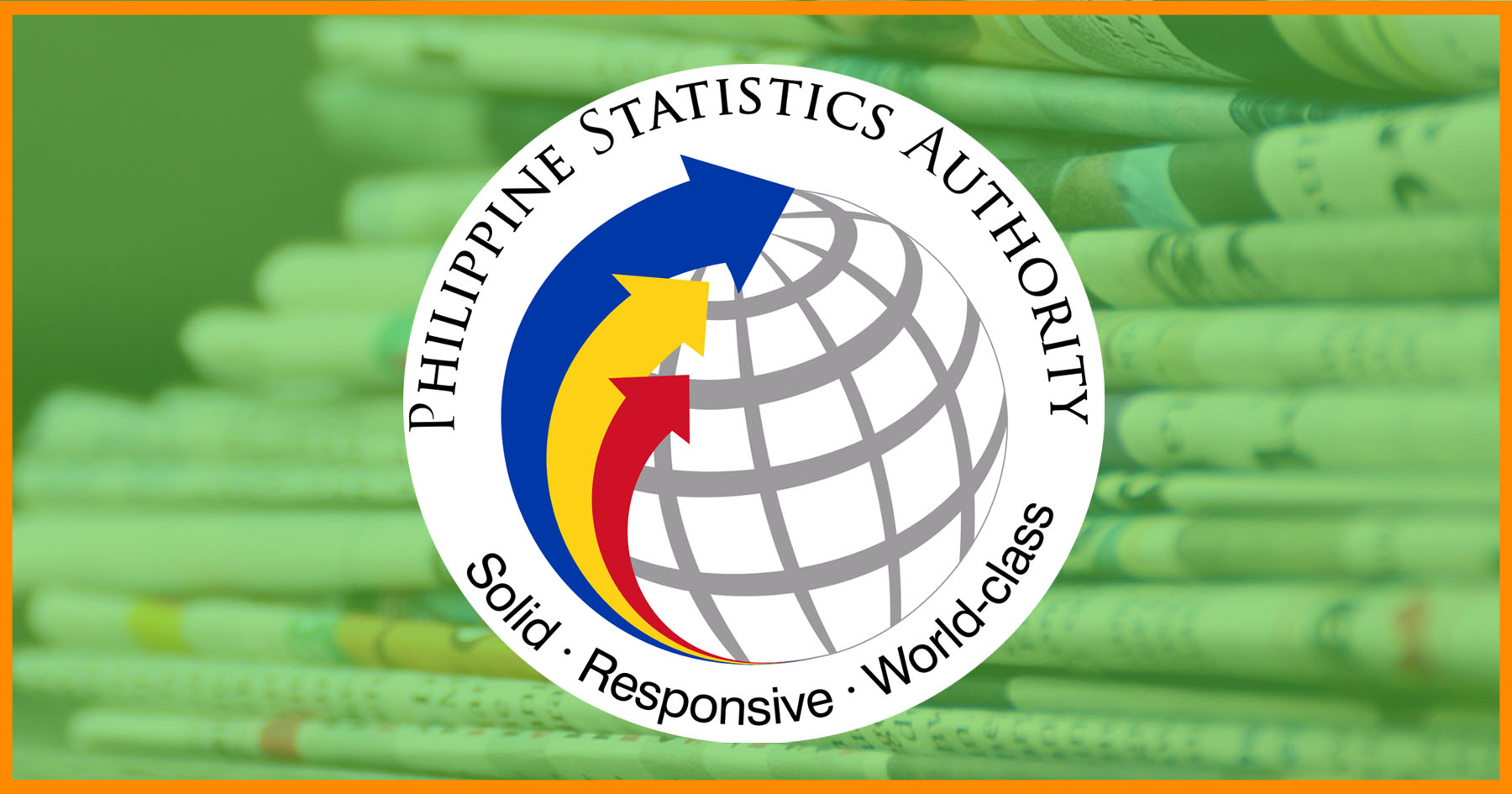BONTOC, Mountain Province – Health officials here reminded the public to practice safe sex.
In observance of the annual World AIDS Day on December 1, Dr. Diga Kay Gomez, the Municipal Health Officer, solicited the involvement of all concerned government agencies and various stakeholders in the massive information education and communication (IEC) campaign on prevention and awareness to combat Human Immune Virus – Acquired Immune Deficiency Syndrome (HIV-AIDS) and Sexually Transmitted Infections (STIs).
The hand book on “HIV –AIDS for Health Workers” provided by the Department of Health (DOH), United Nations Children’s Fund (UNICEF) and Remedios AIDS Foundation Inc., explains that HIV is transmitted from one human being to another through unprotected penetrative sexual intercourse with an infected partner; unsafe blood transfusion, unsafe injection; and from an HIV-infected mother to her child during pregnancy, labour, delivery and through breast feeding. Accordingly, HIV hits the body’s defense mechanism that act against viruses. Immunodeficiency means that the body is unable to fight infections making it susceptible to pneumonia, tuberculosis and cancer. AIDS refers to clinical manifestation of HIV infection that are only seen when the body falls ill due to opportunistic infections.
The handbook further clarifies that HIV cannot be transmitted through air, saliva, urine and feces; mosquito bite; talking with person with HIV; borrowing clothes from an HIV-infected person; sharing utensils and drinking from the same glass with person living with HIV; shaking of hands, embracing and kissing; toilets; and swimming pool.
With this, health officials always share to the public the ABC method to avoid and prevent the transmission of HIV-AIDS and STIs. The ABC stands for Abstinence, Being mutually faithful or loyal to your partner and Correct and consistent use of condom. The DOH also added D for Do not use drug and do not share needles, and E for Educate Yourself and Early Detection.
The theme for this year’s observance of World AIDS Day is “Know Your Status”, which aims to urge people to know their HIV infection status through testing and to access HIV prevention and treatment and care services; and urge policy- makers to promote a “healthy for all” agenda for HIV and related health services, such as tuberculosis (TB), hepatitis and non-communicable diseases.
By Alpine L. Killa













